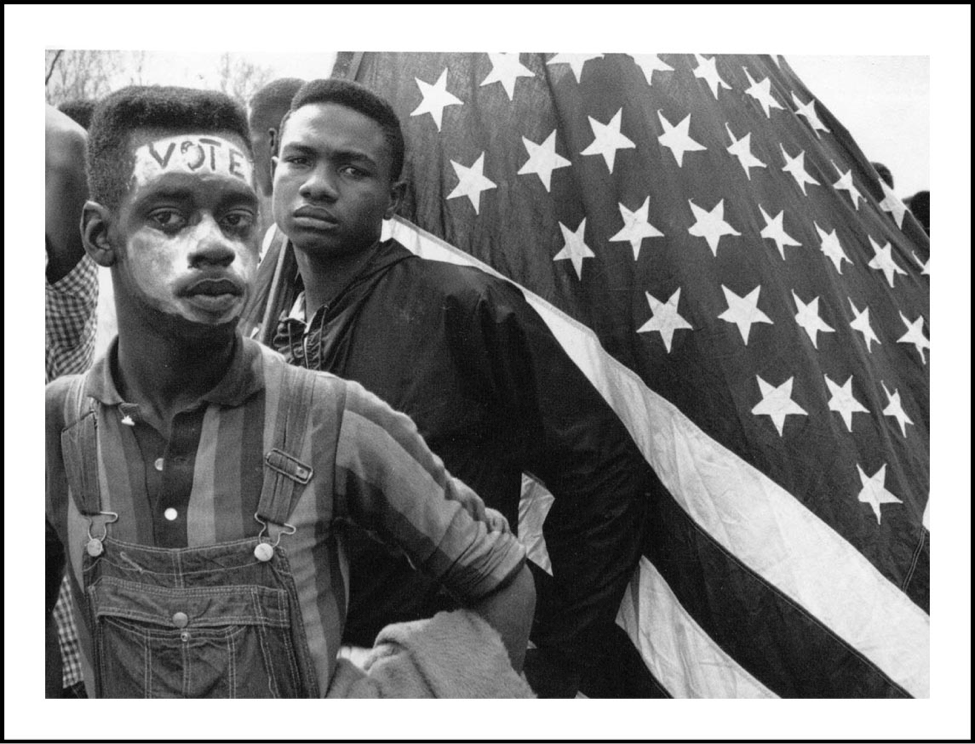The Fight for the Vote: The Voting Rights Act
- Kayci
- Mar 11, 2016
- 2 min read
(Second in a series)
Whips. Nightsticks. Tear gas.
Wielding these weapons, Alabama state troopers attacked a group of peaceful African American
demonstrators. These men and women were marching from Selma to Montgomery to protest
racial injustice in voting.
“They came with horses,” Amelia Boynton Robinson recalled. “They came with nightsticks.”
Some protesters were severely beaten or left unconscious while others ran for their lives. The
violent scene was broadcasted on national television, causing that day, March 7, 1965, to live
forever in infamy as “Bloody Sunday.”

Legal segregation ended in 1964 with the passage of the Civil Rights Act, but many Southern states continued to use literacy tests and other barriers to prevent (and discourage) black Southerners from voting. All of this racial discrimination directly opposed the 15th Amendment, which prohibits federal and state governments from denying a citizen the right to vote based on that citizen’s “race, color, or previous condition of servitude.” That Amendment was ratified on February 3, 1870, almost 100 years earlier.
To protest, three marches from Selma to Montgomery were organized. The first took place on
March 7, the second on March 9, and the third on March 21. Thousands joined the campaign,
and on March 25, nearly 50,000 people entered Montgomery in support of voting rights.
The following August, Congress passed the Voting Rights Act, which guaranteed the right to
vote (first awarded by the 15th Amendment) to all African Americans. It “banned literacy tests as
a requirement for voting, mandated federal oversight of voter registration in areas where tests
had previously been used, and gave the U.S. attorney general the duty of challenging the use of
poll taxes for state and local elections.” (http://www.history.com/topics/black-history/selma-
montgomery-march)

Just over 50 years ago, African Americans endured whippings, beatings, tear gas, and worse as they fought for the right to vote.
Today, you won’t find protesters being tear gassed while marching from Selma to Montgomery; however, you’ll find an enemy to freedom that is nearly as frightening -- apathy.
Many people today don’t make it to the polls. But it’s not literacy tests stopping them and there
is no state militia barring the way. It’s a lack of initiative. It’s a lack of effort.
Martin Luther King Jr. viewed the right to vote as sacred. In his 1957 speech “Give Us the
Ballot” he said, “The denial of this sacred right is a tragic betrayal of the highest mandates of our
democratic traditions and it is democracy turned upside down.”
We are no longer denied the right to vote by our government. But we deny ourselves the right to vote when we don’t show up.
King also said, “So long as I do not firmly and irrevocably possess the right to vote I do not
possess myself. I cannot make up my mind — it is made up for me. I cannot live as a
democratic citizen, observing the laws I have helped to enact — I can only submit to the edict of
others.”
Do we make up our own minds? Do we take full advantage of our rights as democratic citizens?
Do we honor those who have gone before us by exercising those rights?
Value your vote. It’s your right. It’s your freedom. It’s your America.
Photo Credits:
Photo 1: http://documentaryshooters.com/wp-content/uploads/2009/07/BruceDavidson_2.jpg
Photo 2: Bloody Sunday http://static.politifact.com.s3.amazonaws.com/politifact%2Fphotos%2FSelma_Bloody_Sundaypng.jpg



















Comments